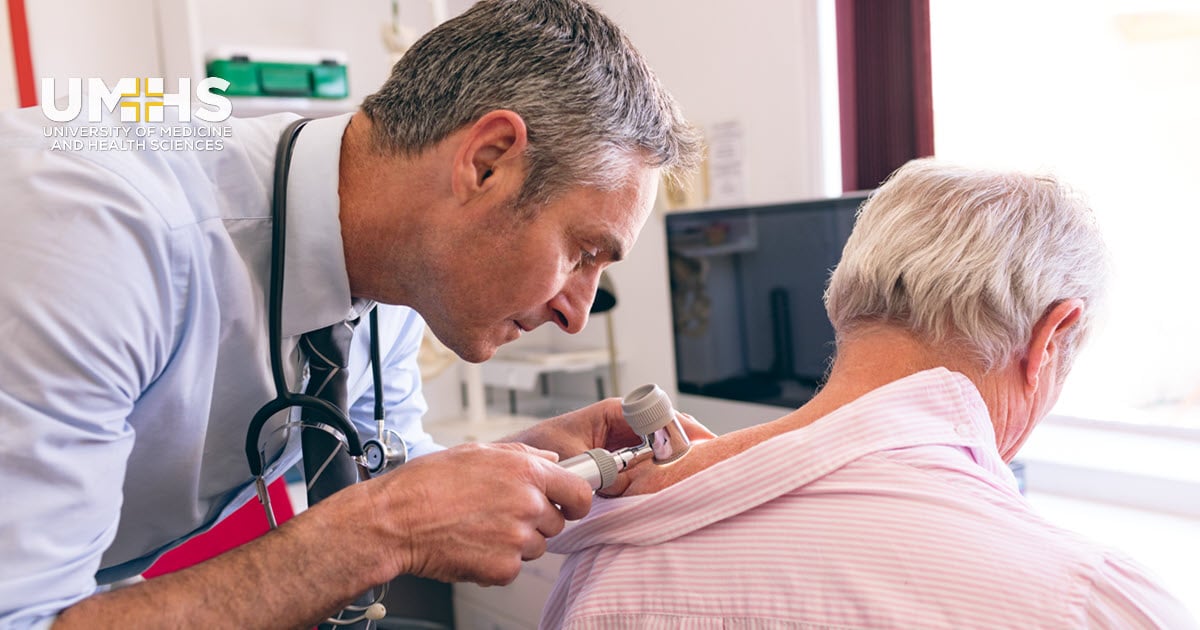Protect yourself from skin cancer risks and prevention methods.
Protect yourself from skin cancer risks and prevention methods.
Blog Article
Mohs Surgical Treatment Explained: A Trick Procedure in Dermatology for Managing Skin Cancer Properly
In the world of dermatology, Mohs surgery stands as an essential procedure for combating skin cancer cells, specifically basic cell and squamous cell cancer. What specifically makes Mohs surgical treatment so reliable and just how does it add to favorable client outcomes?
Comprehending the Essentials of Mohs Surgical Treatment
Although it may seem complicated, Mohs surgery is a specific medical strategy utilized primarily to treat skin cancer cells. Called after Dr. Frederic E. Mohs, that developed the procedure, it provides the highest possible treatment price for sure types of skin cancers cells, consisting of basal cell carcinoma and squamous cell cancer. The main objective of Mohs surgery is to get rid of all cancer cells while saving as much healthy cells as possible. It acts as a recommended choice for cancers situated in cosmetically sensitive or functionally crucial areas like the face, hands, feet, and genital areas. Its precision and high success rate have actually made Mohs surgical treatment a cornerstone in dermatology, using wish to patients worldwide. It is essential to note, however, that this treatment is usually reserved for certain sorts of skin cancer cells.

The Treatment: Step-by-Step Break Down of Mohs Surgical Procedure
While Mohs surgical treatment could appear complicated, comprehending the step-by-step procedure can aid debunk the process. If cancer cells are spotted, the surgeon removes one more layer of skin and the process is duplicated. This cycle proceeds until no even more cancer cells are discovered, making sure the full elimination of cancer while preserving as much healthy skin as feasible.
The Benefits of Mohs Surgical Procedure in Skin Cancer Cells Treatment
A remarkable number of individuals have uncovered the unique advantages of Mohs surgical procedure in their fight against skin cancer cells. Concerned for its precision, this technique targets malignant cells while preserving bordering healthy tissue, bring about very little scarring. Its high accuracy lowers the possibility of cancer cells recurrence, supplying people with peace of mind. The procedure is commonly performed on an outpatient basis under neighborhood anesthetic, making it much less taxing on the body than even more intrusive surgical treatments. Better, as it entails immediate microscopic exam of the gotten rid of tissue, it guarantees total cancer elimination in a their explanation solitary visit. Therefore, it gets rid of the requirement for numerous surgical procedures, conserving time useful link and reducing stress for clients. Mohs surgical procedure offers a remarkable choice for reliable skin cancer cells therapy.
Possible Risks and Complications Related To Mohs Surgical Treatment
In spite of its numerous benefits, Mohs surgical treatment is not without potential threats and difficulties. Like all procedures, it lugs a danger of infection, bleeding, and a damaging reaction to anesthesia. In unusual cases, patients might experience nerve damage, leading to tingling or weakness in the location of surgery. There's additionally the possibility of a reappearance or spread of skin cancer, particularly if all malignant cells were not completely eliminated during the treatment. Marking is one more problem, as it can be obvious relying on the size and area of the treated location. Lastly, the emotional influence of a skin cancer medical diagnosis and succeeding surgical procedure ought to not be taken too lightly, as it can lead to stress and anxiety and anxiety in some patients.
Preparing for and Recuperating From Mohs Surgical Treatment: What to Anticipate
To ensure the very best feasible outcome from Mohs surgical procedure, patients need to sufficiently plan for the treatment and recognize what to anticipate during recuperation. Preparation typically entails an in-depth conversation with the doctor regarding the individual's case history, current drugs, and potential allergic reactions. Some medications might require to be quit prior to the surgical treatment to reduce blood loss. Postoperative care is critical for successful recuperation. People might experience moderate discomfort, redness, or swelling, which can be handled with suggested medicines. They are advised to rest, prevent difficult tasks, and maintain the surgical site clean and dry. Routine follow-ups are necessary to keep track of healing and spot any type of problems early. The key to recovery is individuals' adherence to their medical care company's instructions.
Conclusion

Report this page